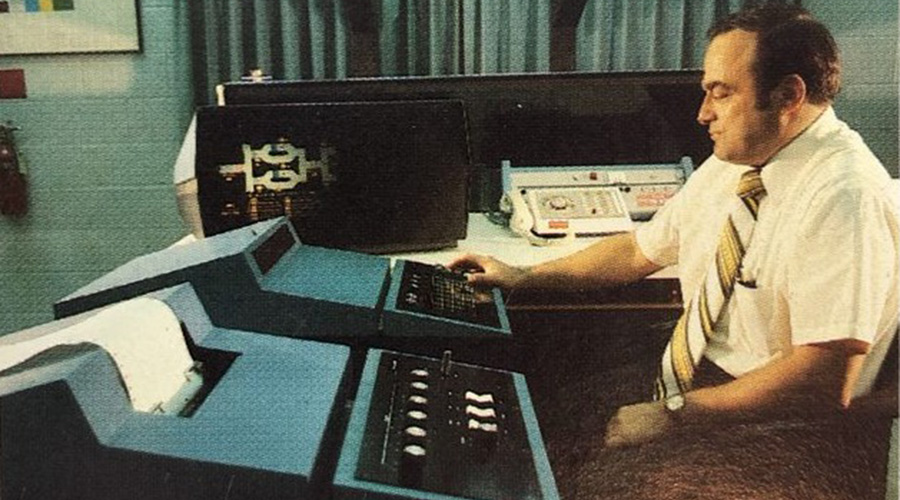Supporting Maintenance Beyond Work Orders
How can managers address the mental and emotional health of their staffs?
By Dan Hounsell, Senior Editor
No one said maintenance would be easy.
Day in and day out, maintenance and engineering managers and their staffs face complex challenges that range from supply-chain problems and tight budgets to growing workloads created by aging facilities and mounting pressure to adapt to and embrace new technology.
That’s hardly all. Managers and technicians also have to battle the stereotype of their profession as little more than a necessary evil. After all, no one really thinks about the department until something goes wrong.
And I haven’t even mentioned the myriad changes the COVID-19 pandemic has inflicted on facilities and operations.
That’s a lot to handle, and the strain on emotional and mental health on workers is only getting worse. Managers do everything possible to provide the spare parts, tools, time and technical support needed to ensure technicians are productive. But how many invest time and resources in emotional support for these same workers? Not enough.
How can managers address the mental and emotional health of their staffs?
- Communicate. Understand the way stress and pressure affect workers’ mental health. Talking with employees can help managers understand the specific challenges staffs face, and it can reduce the stigma that often accompanies mental health resources.
- Encourage. Let technicians know about employee assistance programs (EAP). They might not even be familiar with resources their organization offers, and even if they do, they might be reluctant to use them.
- Support. Promote staff well-being. Make schedules as flexible as possible. Encourage the use of vacation time.
Maintenance and engineering departments are full of strong, silent types, but silence can mask a person who needs help. The more managers can go beyond tools and work orders to support the emotional and mental health of workers, the better for the organization, the department and the person.
Related Topics:












